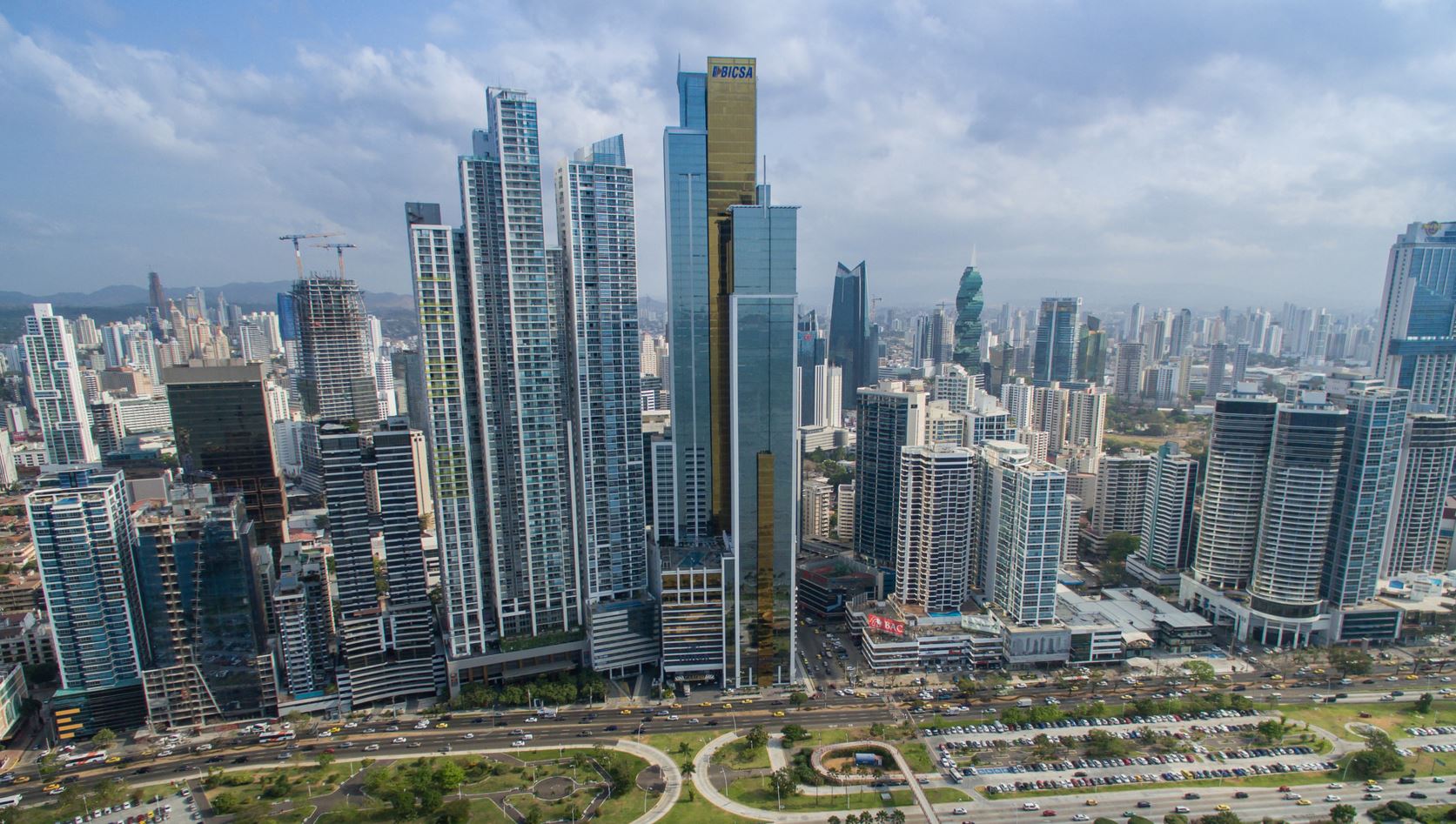A few months ago, when the already so distant summer of 2015 was coming to a close, we had the opportunity to talk to Art Hogan, MD, Director of Research and Chief Market Strategist at Wunderlich, at an event organized by Dominick & Dominick, a division of Wunderlich Wealth Management, for its Miami clients, regarding investors’ major concerns. We have now resumed that conversation to find out whether those concerns have changed and, if so, how.
On September 9th, 2015, at an event held for Dominic & Dominic clients in Miami, Art Hogan listed investors’ major concerns at that particular time in the following order: What will the Chinese government do to stimulate the economy? (Which had climbed from fourth place to the top of the list); Will there be continuity to the Fed’s policy or not? (An issue which was previously in sixth position); thirdly, an issue concerning valuations, are stocks expensive? The fourth concern was, what effect will geopolitical risks have? And as the last of the concerns in the top five, how will corporate earnings evolve?
Leaving concerns behind, Hogan III shared the good news: GDP growth, corporate earnings for the second quarter and estimates for the third, volume of mergers and acquisitions in the first half of 2015, employment growth; the strong recovery in housing sales; the low price of gasoline and electricity, the fact that banks were extending loans, and developments in Europe, which had improved greatly over the previous year.
And how do we stand now? Are the reasons that keep investors up at night still the same, and in the same order? Hogan responds by analyzing each of those topics.
Monetary Policy
Monetary policy is investors’ major concern, given the huge impact which the decisions of some countries have on the economy of others, both overall and on the financial sector, which is crucial for the functioning of the economy. “We must be aware of monetary decisions” as some potential errors could be disruptive, like China “irresponsibly ” devaluing its currency very quickly; another error would be for central banks to consider that negative interest rates help their economies become more competitive, when it has been shown that, at present, they cause the opposite effect; a third would be if the United States acted with undue haste in rising rates in an unstable economy. “It hasn’t done so yet, and I’m less concerned about us being too restrictive than about others being too lenient”. Monetary policy is definitely one of the issues that Hogan recommends we should follow closely.
Commodity Prices in General, and Energy in Particular.
The second major issue is the price of commodities and energy. Emerging economies are dependent on commodity sales to developed economies and, in general, the latter are favored by low prices. But make no mistake, the benefits obtained by developed markets is not as great as the damage suffered by emerging markets, because they need stable prices to grow. Furthermore, Hogan points out that “looking at the prices of commodities and the economy, can lead to the erroneous interpretation that the former are premonitory of the evolution of the latter. It’s an error to believe that if the price per barrel was US$100 18 months ago and $ 36 a month ago, the global economy must be in tatters. It is not always the case.” In fact, the real problem is the imbalance between the excess supply and the demand.
The first steps in the right direction are being taken to reach some agreement, says Hogan, his reasoning being that high prices are in everyone’s interest and there is movement within the sector (Saudi Arabia and Russia have made a first and difficult attempt at communicating, America is slightly reducing its production, Iran- starting to export after years of sanctions- is asked not to increase its production). By pointing out that intentions are not about freezing production altogether, but rather about halting its increase, and carrying out rational negotiations, Hogan makes it clear he does not expect the outlook to change from one day to the next, but he believes we are at the beginning of the path to recovery and invites us to see what happens at the OPEC meeting in June, although he believes there will be preliminary discussions.
China
China may not be investors’ major concern at this time, but it’s still in the Top 3 and, according to Hogan, will remain in the list of concerns for a long time, as it is after all the second largest economy in the world and still undergoing a process of major change. The country is in the throes of a difficult process, from being purely an exporter of inexpensive products produced by cheap labor, to becoming a net consumer at the hands of its emerging middle class. What we do not know is how effective they will be at orchestrating a soft landing -as they are new in what they do and, inevitably and as part of the process, they will make mistakes -or how disruptive this will be if they don’t succeed. They will improve in the process, however, as well as improving their communication.
US Politics
US politics, which although is not usually on his “list” does appear now because it’s in the midst of the electoral process. It is another issue that Art Hogan follows closely. At the start of the primaries, when Trump and Sanders both looked promising, Hogan commented that it was easier to be well positioned for the less moderate candidates, although it is more likely that the more moderate ones finally win the elections. Neither option -Trump, with his protectionist proposal, calling for import taxes on products imported by China, Mexico and Japan, among many other measures, nor Sanders, leaning towards socialism, with anticipation of higher taxes, unfriendly to Wall Street, and planning to spend a lot of money- seems the most “market friendly”. For now, markets are allowing the process to continue and will react when the candidate for each party is known. So, can’t we predict the market reaction to a possible Democrat or Republican victory? “Exactly”, says Hogan, “that will depend on who the candidate is for each of the options. The best performing markets over the past 15 years, regardless of whether the President is either Democrat or Republican, have had either a mixed senate or one with a majority from the president’s opposing party, which balances decisions”.
Geopolitical Risks Abroad
When asked for his opinion on the political situation in other countries, Hogan points out that India is moving in the right direction according to the markets, while Brazil does so in the opposite direction, although because of cycles, “we must monitor the movements well”. His biggest concern in the geopolitical sphere is the low price of commodities and reminds us that the situation in Nigeria, Venezuela, Iran and Iraq. Also, Russia and Saudi Arabia are stable when prices are high, but not so much when the lack of revenue caused by the fall of those commodities begins to cause economic problems within the country.
Europe is another region facing its own challenges, with somewhat distant positions between the EU and the UK. “If the European Union wants to keep the UK among its members, it will have to make some reforms. Its departure could encourage other countries to follow suit and produce great instability in the region. In the short term, the UK must be kept within the European Union,” said Wunderlich’s Research Analyst and Strategist, pointing out that just a few months ago it seemed that Greece could be the first one to exit the EU, and advising not to forget that country. Europe also faces another major challenge which will leave a mark on its future, which is the operational, financial, and economic management of immigration, the resolution of which will not be as fast as decision making in the UK. But there are still other issues outstanding: the establishment of a single monetary policy and stimulating the economy, something to which the strong dollar has contributed towards in recent months, improving competitiveness.
Will There be Contagion?
Another issue that seems to worry the markets, “although I do not share it” is that the slowdown in global economic growth could end up leading developed economies into recession. One of the most frequent conversations these days is whether the slowdown in emerging countries, will end in recession and then cross the border to spread to the United States; the Chief Market Strategist says he still believes that there will be no recession in the United States. “Although it is now more likely than before, the possibility remains at around 20%.” According to Hogan, the US economy is moving in the right direction: the GDP is growing between 2 and 2.5%, and the rate of employment, consumer confidence, car sales, etc. are all increasing. In short, if it does happen, it would be more the result of contagion than of country fundamentals.






